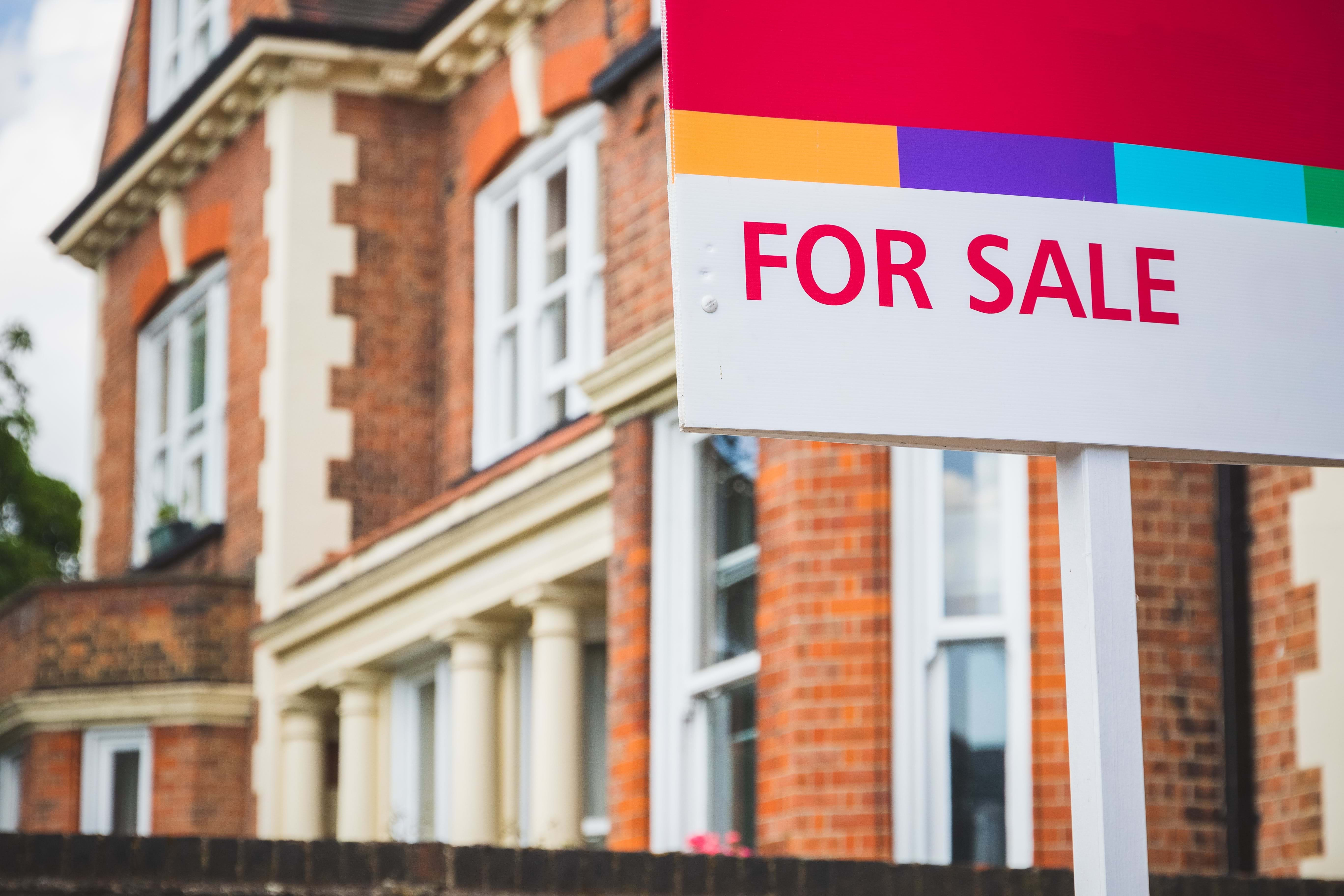The UK government announced its spring budget for 2024 in March. The budget has an important impact on shaping the housing market in the coming months since the government can implement new schemes and change the law around stamp duty and mortgages.
Housing has been a hot topic as the country faces a more and more important crisis when it comes to affordability. First-time buyers are 34 on average which is 6 years older than in 2007. This is due to inflation and soaring house prices. Renting isn’t a much brighter option as renting prices recently skyrocketed causing people to move out of cities or to accept worse living conditions. This budget will make a big difference for people who want to buy, rent, or invest in property, for better or for worse. Let’s dive into what changes have been announced, what impact they could have on the UK housing market and what was missing from the Spring budget 2024.
Spring budget 2024 removes the stamp duty relief on multiple dwellings
From June, anyone buying more than one residential property at once will no longer pay less stamp duty than if they were buying them individually. The Government says this is because there was no evidence that this relief was encouraging more people to invest in the private rented sector.
Stamp duty has been a focus point of debate in recent years as more and more politicians and experts call to reform it altogether. Downsizers are especially impacted by stamp duty costs. They explain that it often ends up being greater than the savings they could make when moving to a smaller home which leads them to stay in their house even long after their children have moved out. This contributes to a shortage of available homes for young families.
Government budget 2024 abolishes holiday lettings tax breaks
Owners of furnished holiday lets currently get more tax breaks than owners of buy-to-let properties, but these will be scrapped from April, making holiday letting a less attractive option.
This could be good news for renters as it could lead to more long-term rental properties being available. It could also mean owners might want to sell their properties which would increase the number of homes available to buy for locals.
Capital gains tax is cut by 4%
Currently, if you sell a residential property that isn’t your main home and you’re a higher rate taxpayer, you pay 28% tax on the profits you make. From April this has been cut to 24%, which could encourage more people to sell property and increase the supply of homes available.

The Spring Budget 2024 hasn't resulted in the expected changes for the housing industry
What was missing from the Spring Budget 2024?
New mortgages
Considering the economic climate the UK is in, many had high expectations from the budget and the effects on the housing market in the coming months. For example, there was rumors that a new 99% mortgage scheme was going to be introduced. This was not the case.
Mortgages is another aspect of the home-buying journey that is a real issue at the moment for prospective buyers. Saving up enough deposit to qualify as well as being able to make the monthly repayments are both reasons why people are struggling to secure a mortgage. Mortgage expert at Rightmove, Matt Smith, highlighted the need for innovation “to help first-time buyers with smaller deposits, and those who are struggling to borrow enough to get onto the ladder.”
Affordable housing schemes
The spring budget didn’t feature any change to existing affordable schemes or any introduction of new schemes. That being said, back in February, the government had announced it would boost its fund dedicated to affordable homes scheme. The £3 billion injected into that loan fund will make it possible to deliver 20,000 new homes. Providers such as local authorities will benefit from this money to increase the number of affordable housing such as social rent homes, affordable rent and Shared Ownership.
When it comes to stepping onto the property ladder, Shared Ownership remains the number one alternative to buying outright for people looking to step onto the property ladder without a lot of money. With this affordable scheme, you only need to pay for a portion of the property, usually between 25% and 75%, and then pay rent on the rest. This means you need a smaller deposit and mortgage, making it more affordable upfront. Over time, you can even increase your shares of the property until you own it outright. It's a way for people to get on the property ladder and build equity in their homes while keeping costs manageable.
Government-backed savings accounts
Saving enough money for a deposit is a key step for prospective home buyers. This can be aided by the government with bonuses granted to certain savings accounts. This is for example the case of the Lifetime ISA. This Individual Savings Account is designed primarily for people looking to save for their first home or retirement. The Spring Budget 2024 was rumoured to feature a reduction of the early withdrawal penalty on Lifetime ISAs as well as an increase of the limit on the value of the home you can buy using the money you save in them.
Unfortunately, this was not the case. Holders of a Lifetime ISA can only withdraw their money without a penalty if they're terminally ill, if they are aged 60 or over and if they are buying their first home. The limit on the value of the home you can buy thanks to this scheme remains £450,000.